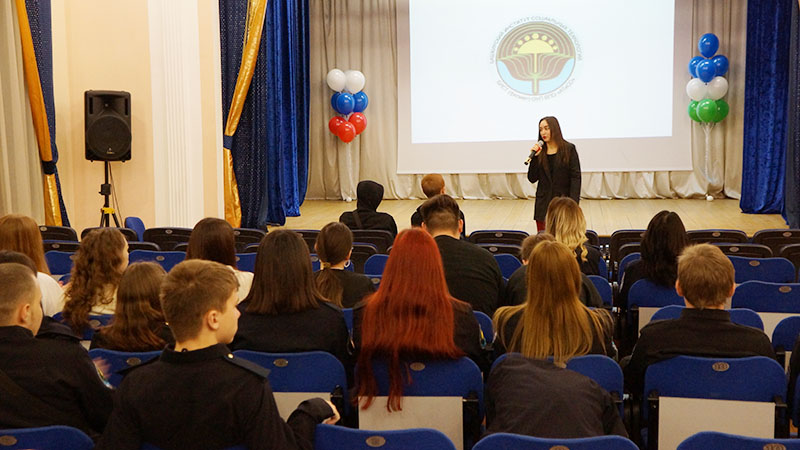
«The future of humanity and
our planet
depend on young people.
However,
it also depends on whether
they will have the skills
needed to solve today’s problems
and shape a more peaceful future».
UN
Secretary-General António Guterres
July 15th is a special day for youth: in 2014, the UN General Assembly declared July 15th as World Youth Skills Day, celebrated annually since then. The idea of establishing the Day belongs to Sri Lankan representatives at the UN, who expressed concern over the growth and scale of youth unemployment during a regular session of the General Assembly.
2024 was no exception: the holiday turned 10 years old, and our students couldn’t ignore this event. In addition, the words of António Guterres quoted above are a message to our students.
The purpose of World Youth Skills Day is to encourage young people to value the acquisition of skills such as building, as a way to achieve personal success and self-fulfillment, as well as raising awareness about the importance of investing in the development of youth skills, improving socio-economic conditions for young people to address unemployment and underemployment issues.
This year’s World Youth Skills Day theme is «Youth Skills for Peace and Development». It highlights the important role young people play in peacebuilding and conflict resolution.
At BIST, a roundtable discussion was held on this day, during which students, with the active participation of the university faculty, discussed building an inclusive future for the labor market that contributes to peacebuilding, global citizenship, and sustainable development. Interesting data was presented: today, there are 1.2 billion young people aged 15 to 24 in the world, representing 16% of the world’s population. Active participation of young people in sustainable development measures plays a crucial role in creating sustainable, inclusive, and stable societies and combating serious threats and challenges to sustainable development, including the impacts of climate change, unemployment, poverty, gender inequality, conflict, and migration.
Concrete figures were also presented: according to UN data, in 2021, the number of unemployed young people worldwide reached 75 million. Thus, the youth unemployment rate exceeded 23%. By 2024, this figure has increased in most regions. Moreover, young people are three times more likely to be unemployed than adults.
The question of the foundations of state development sparked great interest. This topic became a priority: both teachers and students expressed their position on this issue. The conclusion was unanimous: education and professional training are key factors in the development of any state. Moreover, it’s hard to disagree: skills and jobs are a priority for youth in the 2030 Agenda for Sustainable Development.
There were many questions for the speakers, and all were answered comprehensively. The discussion continued even after the end of the meeting, and this is understandable: every participant wanted to express their position, their view on the topic under discussion, and most importantly, to find their place in the labor market after graduation.

 July 15th, 2024
July 15th, 2024  ALINA B.
ALINA B.  Posted in
Posted in